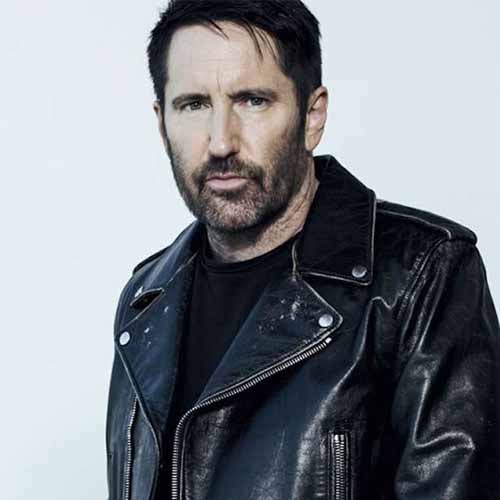


Self Destruct in which Reznor lays bare the weak, self-destructive nature of his character, the music progresses through rejection of God ( Heresy), society ( March Of The Pigs), a former partner ( Piggy), and eventually himself and all that he has become ( The Downward Spiral). While Reznor constantly sings in the first person, it's hard to avoid the impression that he's cast himself in the role of an everyman, speaking for a doomed humanity.Īs the album name suggests, the story told is that of a man's continual downward spiral, culminating in his eventual death and reflection on it from beyond the grave. In spite of the fact that The Downward Spiral reached #2 on the Billboard Charts, it's also a concept album, taking the listener on a journey through a man's self-destruction, with all the metaphors for society present in such a story. While 1994 wasn't a year in which there was any lack of emotionally raw albums ( In Utero and The Holy Bible, anyone?), there's something viscerally fascinating about this album, due to the fact that it sounds like the equivalent of someone bottling up Reznor's emotion and then smashing that bottle against a wall as hard as possible before rubbing their hands in the remnants of the glass. It's hard to really think of a more fitting scene for the recording of The Downward Spiral than a house where one of the most notorious murders of recent times took place in fact. The making of the album is well documented, with Trent Reznor setting up a studio in the Californian house where Charles Manson and his gang of lunatic followers brutally murdered Sharon Tate and her group of friends. Note that I said "masterpiece," not "album." That's because The Downward Spiral is more than just another album, able to be thought of as something that an artist turned up to record, took it to a producer to mix, and then released. Trent Reznor, armed with the master tapes of his 1994 masterpiece The Downward Spiral.

#TOOL REFLECTION TRENT REZNOR TRIAL#
And if this case is ever called to trial in a court of law, my first witness will be Mr. However, is it accurate to say that true, soul-purging suffering can only be found after death when you realise that the entire premise on which your life was founded was wrong? While some people will insist that this is the case, I must beg to differ. I think that's fairly understandable as well as far as substantial concerns go, I'd say that permanent suffering is one that deserves to be pretty high on any list. However, I'm not afraid to admit that every now and again I am hit by sudden self-doubt, when the idea hits me that maybe, just maybe, I'm completely wrong and after my death I'll have to spend eternity being punished for my lack of faith. Just to clarify the situation, I'm an atheist.

Objectively speaking, the odds of those you of who read this knowing about my religious beliefs are fairly small.


 0 kommentar(er)
0 kommentar(er)
